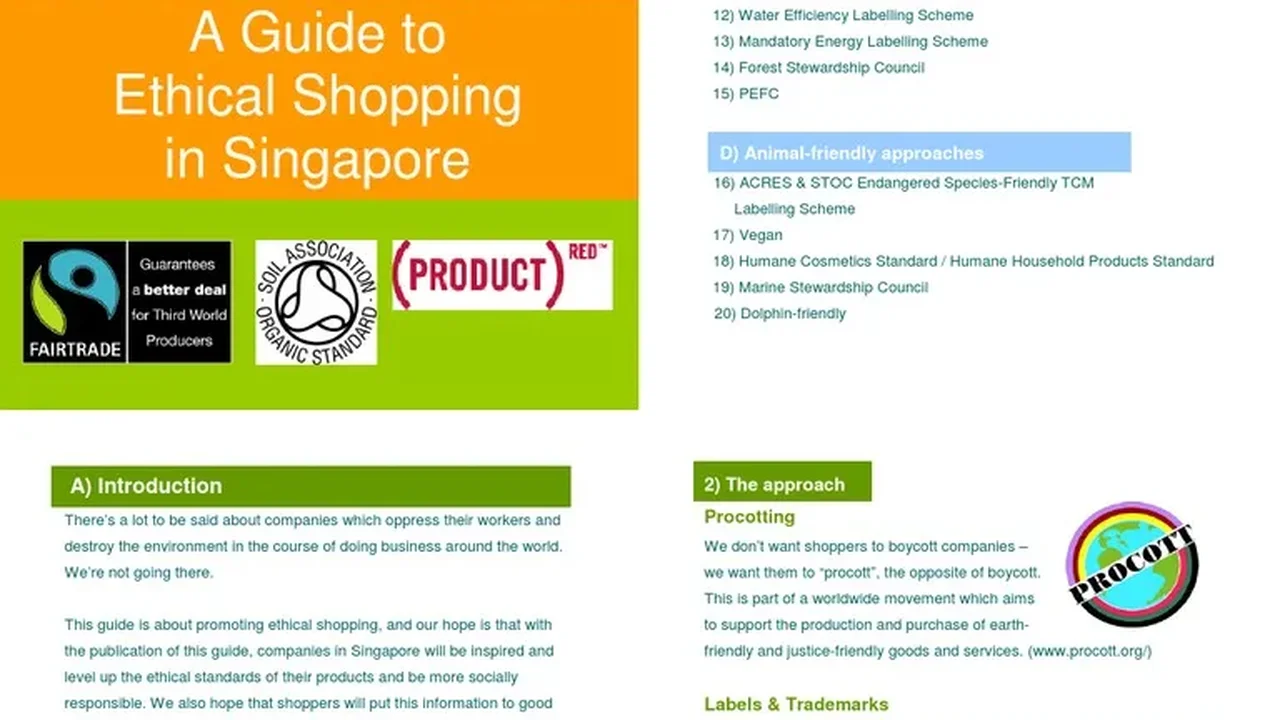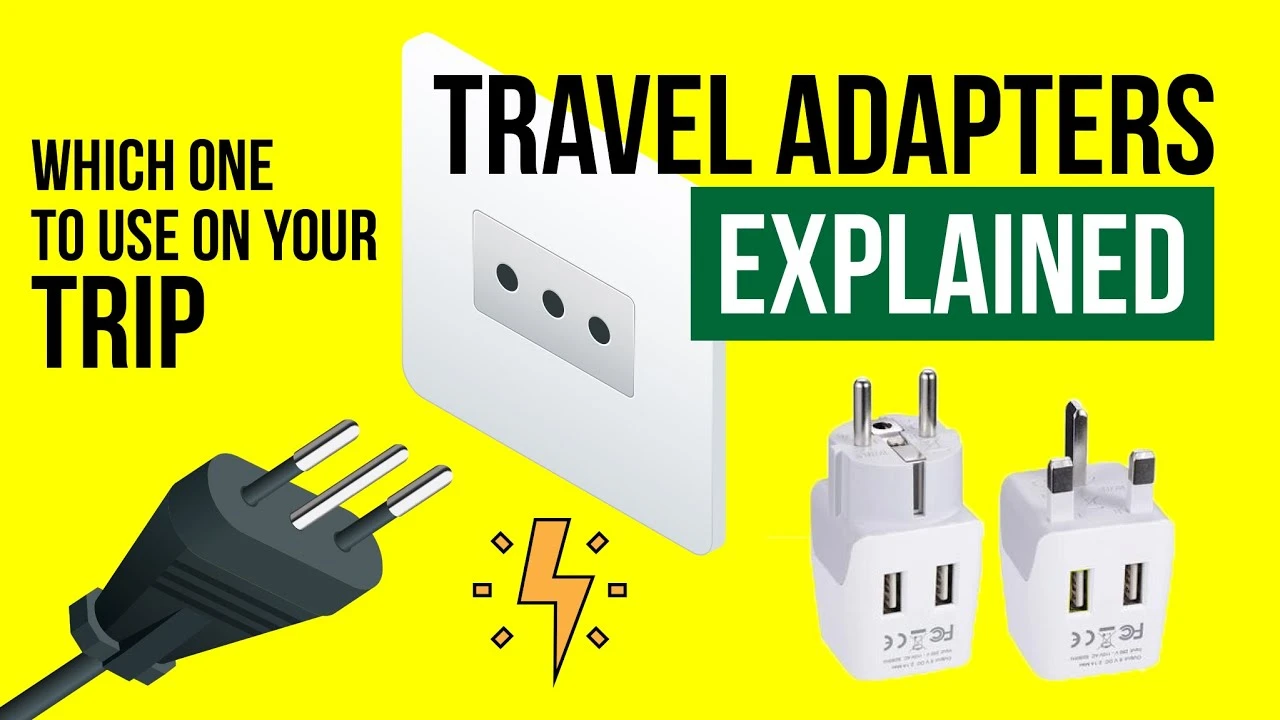Ethical Souvenir Shopping Guide
Discover how to shop for ethical souvenirs that support local artisans and communities. Avoid buying products that exploit workers or harm the environment. Shop responsibly and make a positive impact.

Understanding Ethical Souvenirs and Responsible Shopping
Okay, so you're traveling, having an awesome time, and you want to bring back something to remember it all by. Totally get it! But have you ever stopped to think about where that cool-looking trinket *really* came from? Was it mass-produced in a factory halfway across the world, or did a local artisan pour their heart and soul into it? That's where ethical souvenir shopping comes in. It's about making conscious choices to support local communities, preserve cultural heritage, and avoid contributing to exploitation or environmental damage.
Basically, it means being a responsible tourist and thinking about the impact of your purchases. It's not about being a perfect saint, but about making an effort to choose souvenirs that do good instead of harm.
Spotting Unethical Souvenirs: Red Flags to Watch Out For
Alright, so how do you know if a souvenir is unethical? Here are a few red flags to keep an eye out for:
- Super Low Prices: If it seems too good to be true, it probably is. Dirt-cheap prices often mean that workers are being underpaid or exploited.
- Mass-Produced Items: Rows and rows of identical souvenirs usually indicate mass production, which often means little to no benefit for local communities.
- Products Made from Endangered Species: Avoid anything made from ivory, coral, certain types of wood, or other endangered species. These products contribute to the destruction of wildlife and habitats.
- Items Lacking Origin Information: If you can't find any information about where a souvenir was made or who made it, that's a red flag. Ethical businesses are usually transparent about their sourcing.
- Aggressive Sales Tactics: Pushy vendors who pressure you to buy something might be trying to sell you something unethical. Take your time and do your research before making a purchase.
Finding Ethical Souvenirs: Tips and Tricks for Conscious Shopping
So, how do you actually *find* ethical souvenirs? Here are some tips to help you shop responsibly:
- Shop at Local Markets and Artisan Shops: Skip the tourist traps and head to local markets and artisan shops where you can meet the makers and learn about their craft.
- Look for Fair Trade Products: Fair Trade certification ensures that producers receive fair prices and work in safe conditions.
- Ask Questions: Don't be afraid to ask vendors about where their products come from and how they are made. Ethical businesses will be happy to answer your questions.
- Support Social Enterprises: Social enterprises are businesses that are designed to address social or environmental problems. Look for souvenirs from social enterprises that support local communities.
- Buy Directly from Artisans: If possible, buy directly from the artisans who made the souvenirs. This ensures that they receive the full benefit of your purchase.
- Consider Experiences Instead of Things: Instead of buying a physical souvenir, consider taking a cooking class, going on a guided tour, or attending a cultural performance. These experiences will create lasting memories and support local businesses.
Ethical Souvenir Ideas: What to Buy and Where to Find It
Need some inspiration? Here are some ethical souvenir ideas, with a focus on products you might find in the US and Southeast Asia:
Ethical Souvenirs from the USA
- Native American Crafts: Look for authentic Native American crafts, such as pottery, jewelry, and blankets, from reputable sources. Be sure to purchase directly from Native American artisans or from businesses that support Native American communities.
- Handmade Quilts: Handmade quilts are a beautiful and practical souvenir that supports local artisans. Look for quilts made from sustainable materials.
- Local Honey and Jams: Support local beekeepers and farmers by buying local honey and jams. These products are often made with sustainable practices.
- Handcrafted Jewelry: Look for handcrafted jewelry made from recycled materials or from ethically sourced gemstones.
- Artisan Soaps and Candles: Support local soap and candle makers by buying their products. Look for soaps and candles made with natural ingredients and sustainable packaging.
Ethical Souvenirs from Southeast Asia
- Handwoven Textiles: Southeast Asia is known for its beautiful handwoven textiles, such as silk scarves, cotton sarongs, and ikat fabrics. Look for textiles made with natural dyes and sustainable practices.
- Handmade Ceramics: Support local ceramic artists by buying their pottery, bowls, and other ceramic items. Look for ceramics made with traditional techniques and sustainable materials.
- Bamboo Products: Bamboo is a sustainable and versatile material that is used to make a variety of products in Southeast Asia, such as baskets, furniture, and kitchenware.
- Handcrafted Wood Carvings: Look for handcrafted wood carvings made from sustainably harvested wood. Be sure to avoid buying products made from endangered species.
- Organic Coffee and Tea: Support local farmers by buying organic coffee and tea. Look for coffee and tea that is grown with sustainable practices.
Product Recommendations: Specific Ethical Souvenir Options and Pricing
Let's get down to some specific product recommendations! Keep in mind that prices can vary depending on location, vendor, and materials used. These are just estimates to give you an idea.
Recommendations USA
- Zuni Fetishes (Native American Art): These small, hand-carved animal figures are traditionally made by Zuni artists in New Mexico. They often represent spirit animals and are believed to bring good luck.
- Usage Scenario: Display them in your home as a reminder of your travels and a connection to Native American culture.
- Comparison: Mass-produced imitations are widely available, but lack the authenticity and spiritual significance of genuine Zuni fetishes. Always buy from reputable dealers or directly from Zuni artists.
- Price: $20 - $200+, depending on size, materials (stone, shell, etc.), and the artist's reputation.
- Bee's Wrap (Sustainable Food Storage): These reusable food wraps are made from organic cotton infused with beeswax, tree resin, and jojoba oil.
- Usage Scenario: Replace plastic wrap and sandwich bags with Bee's Wrap for packing lunches, storing leftovers, and covering bowls.
- Comparison: Unlike plastic wrap, Bee's Wrap is biodegradable and compostable. It's a great alternative for reducing plastic waste.
- Price: $18 for a set of three assorted sizes.
Recommendations Southeast Asia
- Mai Handicrafts (Vietnam): This social enterprise empowers women artisans in rural Vietnam by providing them with sustainable livelihoods through the production of handcrafted textiles, accessories, and home décor items.
- Usage Scenario: A beautiful silk scarf can be worn as an accessory or used as a decorative piece in your home.
- Comparison: Compared to mass-produced scarves, Mai Handicrafts' products are made with traditional techniques and natural dyes, supporting local communities and preserving cultural heritage.
- Price: Silk scarves range from $25 - $60.
- SukkhaCitta (Indonesia): This brand focuses on preserving Indonesian batik traditions and empowering female artisans. They create beautiful clothing and home goods using natural dyes and sustainable practices.
- Usage Scenario: A SukkhaCitta batik dress is perfect for warm weather and showcases the beauty of Indonesian craftsmanship.
- Comparison: SukkhaCitta is committed to fair wages, safe working conditions, and environmental sustainability, making it a more ethical choice than fast-fashion brands.
- Price: Dresses range from $80 - $200+.
- Bloom Coffee (Laos): This social enterprise works with smallholder coffee farmers in Laos to improve their livelihoods and promote sustainable coffee farming practices.
- Usage Scenario: Enjoy a cup of Bloom Coffee while supporting Lao farmers and contributing to sustainable agriculture.
- Comparison: Unlike mass-produced coffee, Bloom Coffee is grown using organic and sustainable methods, ensuring a higher quality product and a positive impact on the environment and local communities.
- Price: A bag of Bloom Coffee typically costs $15 - $25.
- Sabai Sabai Chiang Mai (Thailand): They sell a range of hand-made products such as woven goods, clothing, and bags. They work with local villagers in Northern Thailand to provide a route to market.
- Usage Scenario: A woven bag from Sabai Sabai is perfect to carry while traveling.
- Comparison: Unlike mass-produced bags, Sabai Sabai are committed to fair wages, safe working conditions, and environmental sustainability, making it a more ethical choice than fast-fashion brands.
- Price: Bags range from $20 - $50.
Negotiating Prices Ethically
Bargaining is common in many cultures, especially in Southeast Asia. However, it's important to negotiate prices ethically. Remember that the artisans and vendors are trying to make a living. Don't try to haggle them down to an unreasonably low price. A good rule of thumb is to aim for a price that is fair to both you and the seller.
Also, be respectful and polite during the negotiation process. Even if you don't agree on a price, thank the vendor for their time and effort.
Supporting Local Communities Beyond Souvenirs
Ethical travel isn't just about souvenir shopping. It's about making conscious choices throughout your trip to support local communities. Here are a few other ways you can make a positive impact:
- Eat at Local Restaurants: Support local restaurants and food vendors instead of chain restaurants.
- Stay at Locally Owned Guesthouses and Hotels: Choose locally owned accommodation options over international hotel chains.
- Hire Local Guides: Hire local guides for tours and activities.
- Respect Local Customs and Traditions: Be mindful of local customs and traditions and dress appropriately.
- Learn a Few Basic Phrases in the Local Language: Even a few simple phrases can go a long way in showing respect for the local culture.
Remember the Big Picture
Shopping ethically is just one piece of the puzzle when it comes to sustainable travel. By making conscious choices about where you go, how you travel, and what you buy, you can help to protect the environment, support local communities, and preserve cultural heritage. So go out there, explore the world, and make a positive impact!
:max_bytes(150000):strip_icc()/277019-baked-pork-chops-with-cream-of-mushroom-soup-DDMFS-beauty-4x3-BG-7505-5762b731cf30447d9cbbbbbf387beafa.jpg)






